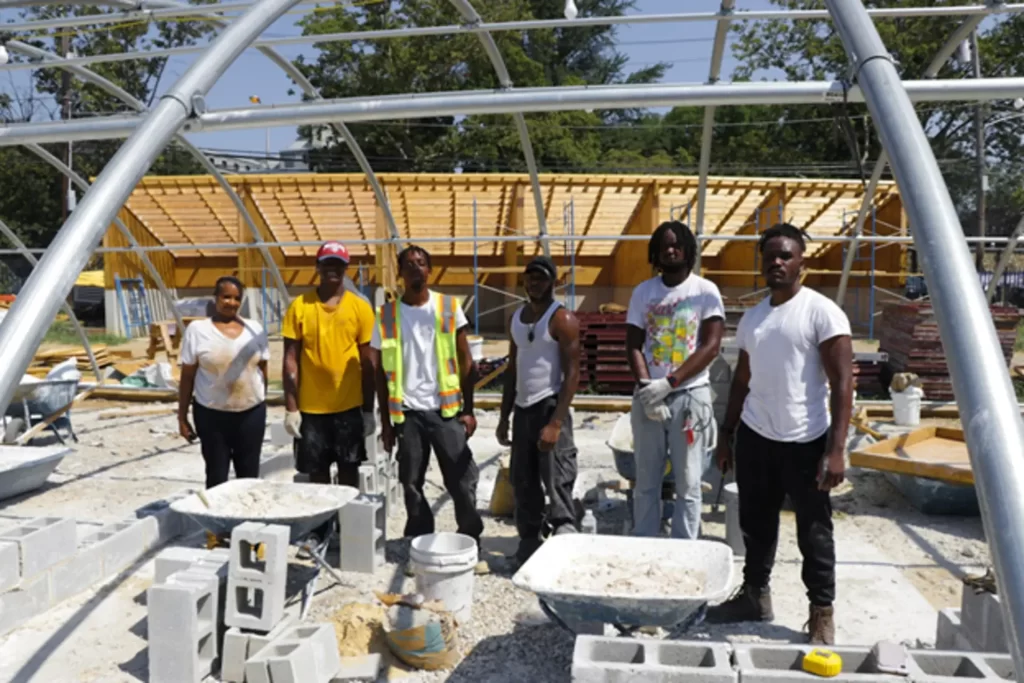A workshop delivers a way to develop an intensive educational experience in a brief time when the time for more extensive training is short. Participants may be functioning too far apart, gathering regularly, or unwilling to devote significant time. A workshop can bring up a new concept in construction training, spurring workers to analyze it further, or can demonstrate and encourage the exercise of actual techniques. It is an incredible way to teach hands-on aptitudes because it allows participants to try out new techniques and fail in a safe situation. Workshops and seminars are a way for someone to pass on ideas and methods they have developed or found significant to coworkers. In this article, let’s understand the importance of workshops and seminars in construction training.
There are numerous ways to teach people things. Because people understand things differently, a workshop or seminar and construction programs have some benefits over these other techniques that make it a good choice in specific circumstances. The benefits of workshops are as follows:
The brain’s left hemisphere deals with analyzing and listening procedures, while the right hemisphere controls spatial and visual processes. By going beyond construction training programs into the world of hands-on education, one is enabled to immerse both sides of the brain. This helps to construct stronger connections and store more pertinent information in the long run.
According to the study, only twenty percent of the information is retained in a conventional lecture environment. When construction learners can indulge in hands-on projects, it boosts up to seventy-five percent. Hands-on workshops allow learners to interact themselves with the material. Students are more stimulated and have an increased desire to learn and explore. Besides, learners of all ages and areas learn better when involved in their learning journey in construction programs.

Reading a book or getting a lecture does not give a learner the freedom to learn through real-life understanding. Construction training programs create lasting experiences on apprentices. Workshops formulate an environment that boosts critical thinking aptitudes. Active learning by exploring something is an influential tool. It can help possess information through memories rather than mugging up data from an easily forgotten book.
One must lead a team of diverse specialists, from structural engineers, soil analysts, and mechanics to on-site workers. Assuring seamless communication between these parties is paramount, and this can’t be taught in a classroom in construction training. Workshops let one converse with new people and build communication skills.

Being a construction student; one must be eloquent in reacting and replying to real-world situations. Experts of construction trade programs must be prepared to work on human imperfections, falsified data, artistry inconsistencies, and challenges that textbooks and presentations need to be characterized. Working on real-life issues encourages the mind to think beyond two extents.
Having a chance to feel and comprehend building materials and equipment can supplement training in vocational programs. While building confidence in dealing with construction tools and machines, workshops are a fantastic way to educate forthcoming professionals about construction industry safety.
Workshops and seminars allow learners to interact with industry specialists. Taking advice and inspiration from experts in construction trade programs can significantly shape one’s dogma and approach to the field. They can enable making connections within the fraternity and create lasting relationships.
The construction industry evolves rapidly. With new procedures and materials being uncovered daily, books and traditional curricula need to catch up. Incorporating informal learning understandings like hands-on workshops, seminars, and contests into the learning pattern can enable learners to build aptitudes holistically. They can facilitate personal as well as professional growth by supplementing in-class education.
Read More